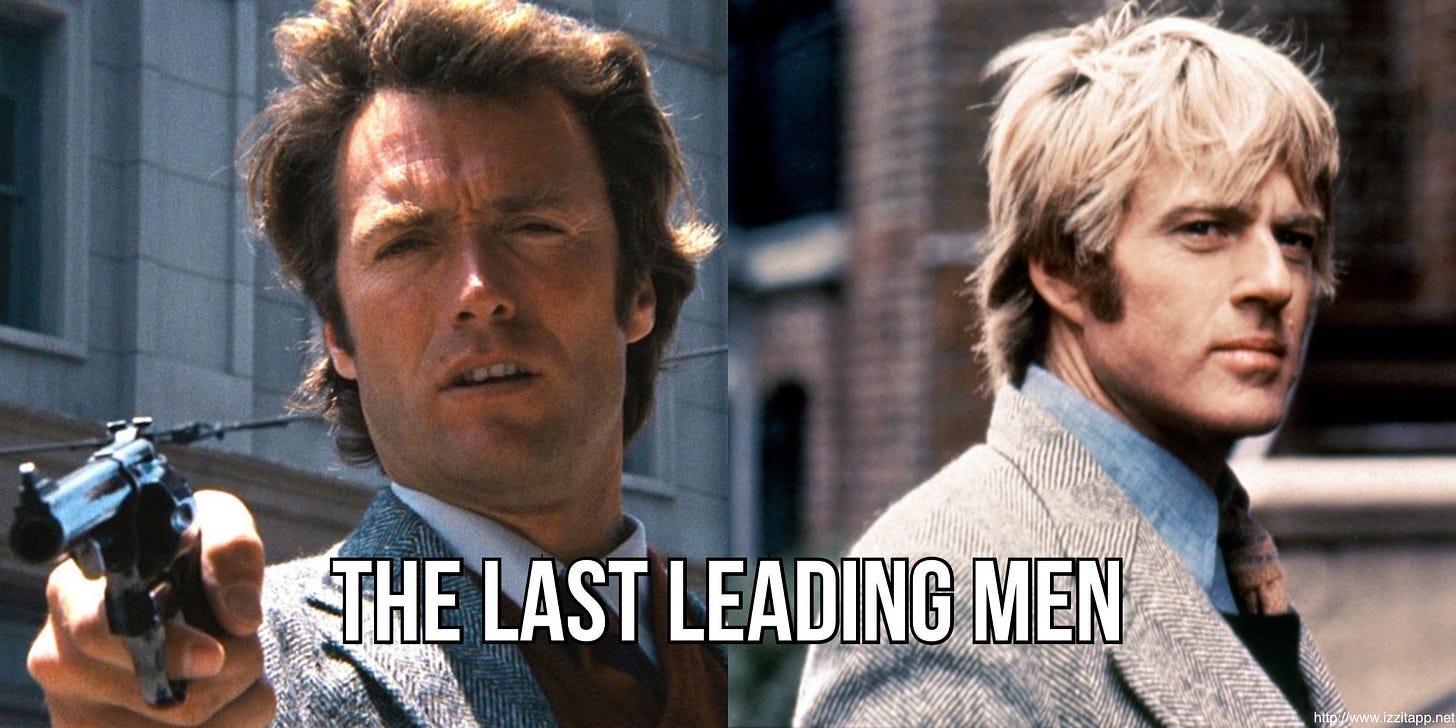Hollywood’s Endangered Species?
It’s Oscar week but some of us long for the Tinseltown of the past.
As a conservative, I’ve never understood why Hollywood was so liberal.
Think of it, an industry that is the epitome of risk-taking, functions (for the most part) in an unregulated free market and combines an unusual amount of artistic talent with business sense. Oh, and lots of rejection and failure.
Nevertheless, it’s long been an occupational necessity in Tinseltown to alienate half your customer base. That’s too bad because, at their best, the creative arts can tug at those universal chords of human existence—regardless of politics. Like that fleeting desperation to relive things and do them better. Sort of the Field of Dreams’ Moonlight Graham in all of us.
The lure of Hollywood has had its downsides, including an ugly patriarchy so evident in Harvey Weinstein casting couch. But scandal and streaming video aren’t the only reasons theaters are closing. A growing shortage of bankable leading men is also at the top of the list. Tom Cruise or Kevin Costner perhaps come closest today, but the ‘brat pack’ is no ‘rat pack.’ Stars like Humphrey Bogart, Cary Grant and John Wayne guaranteed box office success. Cooper, Tracy, Stewart, Douglas, Lancaster, Mitchum, Newman, Poitier and Peck…they all lit up the screen.
But I’m afraid two of the most celebrated movie icons—who came of age in a later, more jaded era—may now represent Hollywood’s last leading men. Clint Eastwood and Robert Redford were stars of a different caliber that studios could count on to deliver with nearly every movie they made. Two seemingly different performers, with seemingly different audiences, who shared the same approach to filmmaking that has stood the test of time.
Of course, you can always read too much into movies, yet it’s safe to say that success grants performers the luxury of making films they want to do. What’s interesting, at least from a political perspective, is while Eastwood and Redford appear to be on opposite ends of the spectrum—they both subordinated their politics to good entertainment. In fact, much of their work had messages that ran against their assumed political identity.


